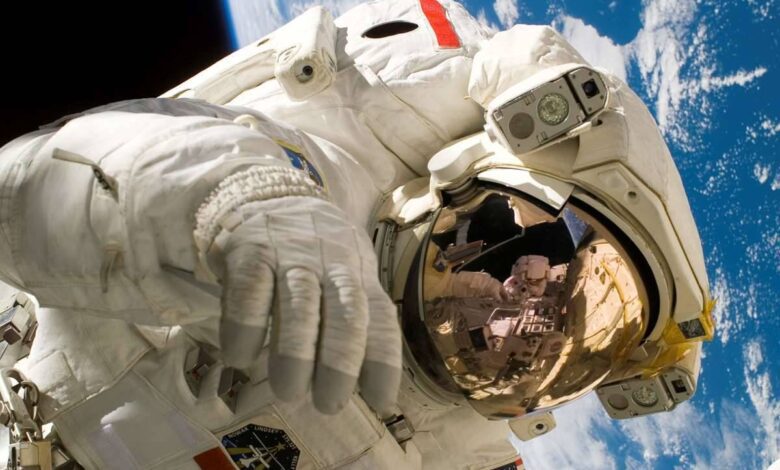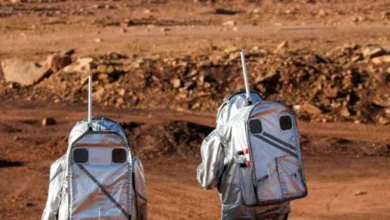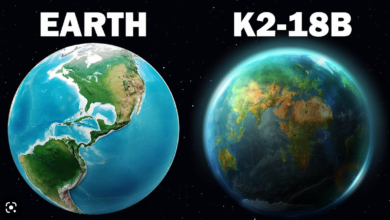Astronauts can now drink their own urine; NASA tests new technology
Scientists at NASA have been testing a new technology to recover drinkable water from urine.

Astronauts on board the International Space Station have produced water by collecting moisture and distilling urine, marking a huge advance for space travel. The team used the Environmental Control and Life Support System (ECLSS) to reach this achievement
The ECLSS is designed to gather wastewater and send it to Water Processor Assembly (WPA) which produces drinkable water. The ECLSS also gathers moisture from the crew’s sweat and even their breath. Similarly, the Urine Processor Assembly (UPA) gathers water from urine via vacuum distillation. This distillation process, however, produces urine brine.
To further purify the urine brine, scientists have been testing Brine Processor Assembly (BPA) which extracts wastewater from the brine. It is now being tested in a zero-gravity environment. The BPA takes the brine produced by UPA and blows dry, warm air over the brine to evaporate the water after using a special membrane. As this process goes on, the air creates humid air which is then further collected by the water collection system along with the crew’s sweat and breath.
The scientists researching this technology have claimed that the quality of water this process produces is cleaner than the water we drink on Earth. The astronauts will not be directly drinking their urine but a filter, and thoroughly clean water.
Christopher Brown who is a team member at the Johnson Space Center praised this accomplishment as a major development in the field of life support systems. He emphasized the significance of water recycling in space, stating that it is an amazing achievement to launch with a limited water supply, lose only two pounds of water, and have the remaining 98% continue to circulate.
Water is extremely essential for long space travel, it is required by the astronauts for staying hydrated, hygiene, and cooking. It is also used to generate oxygen via electrolysis and regulates temperature levels. More importantly, water also acts as a shield for astronauts providing protection against cosmic radiation.



